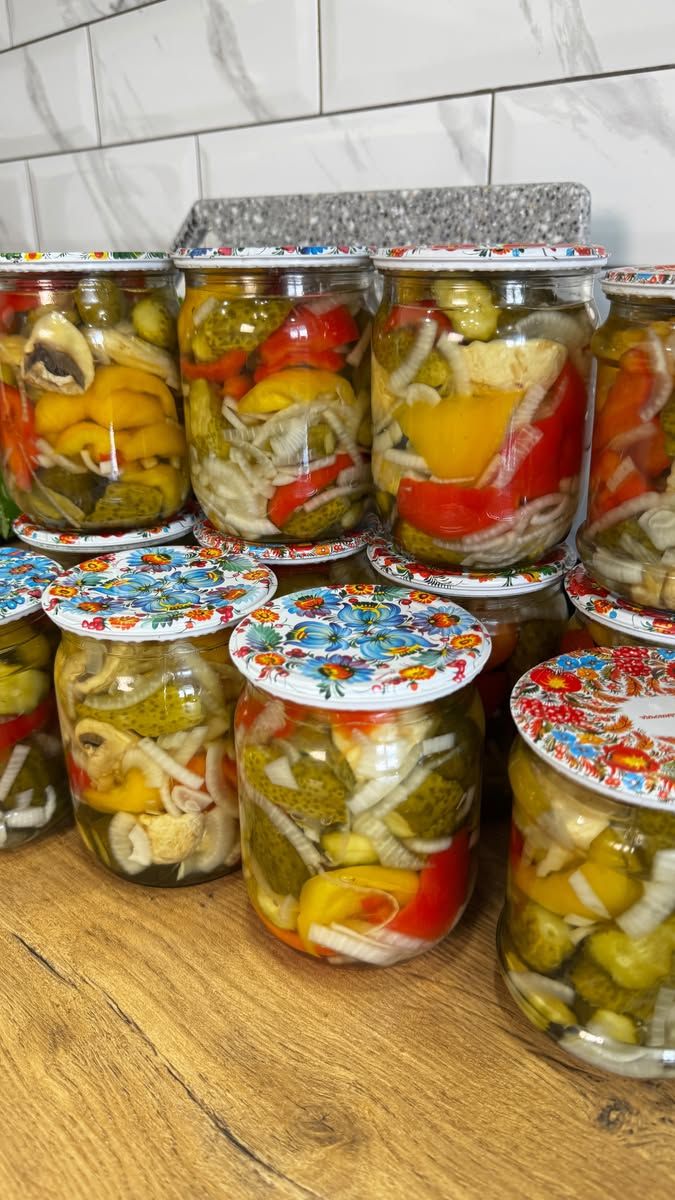Fermentation is an ancient culinary technique that enhances flavor, preserves food, and provides health benefits. Fermented foods are rich in probiotics, which support gut health and digestion. Popular fermented dishes include kimchi, sauerkraut, kombucha, yogurt, and miso. Making fermented foods at home requires clean utensils, proper salt ratios, and controlled temperatures to encourage beneficial bacterial growth. Kimchi involves fermenting Napa cabbage with spices, garlic, ginger, and chili. Sauerkraut is simply cabbage and salt, fermented slowly to develop tangy flavors. Kombucha is a sweet tea fermented with a SCOBY (symbiotic culture of bacteria and yeast). Yogurt requires milk and live cultures, while miso is made from soybeans, salt, and koji. Fermentation is both science and art, demanding patience and attention to detail. Experimenting with flavors, textures, and ingredients allows cooks to create unique, healthy additions to everyday meals. Beyond health benefits, fermentation fosters creativity and connects modern cooks to centuries-old traditions, making the kitchen a laboratory of taste.

